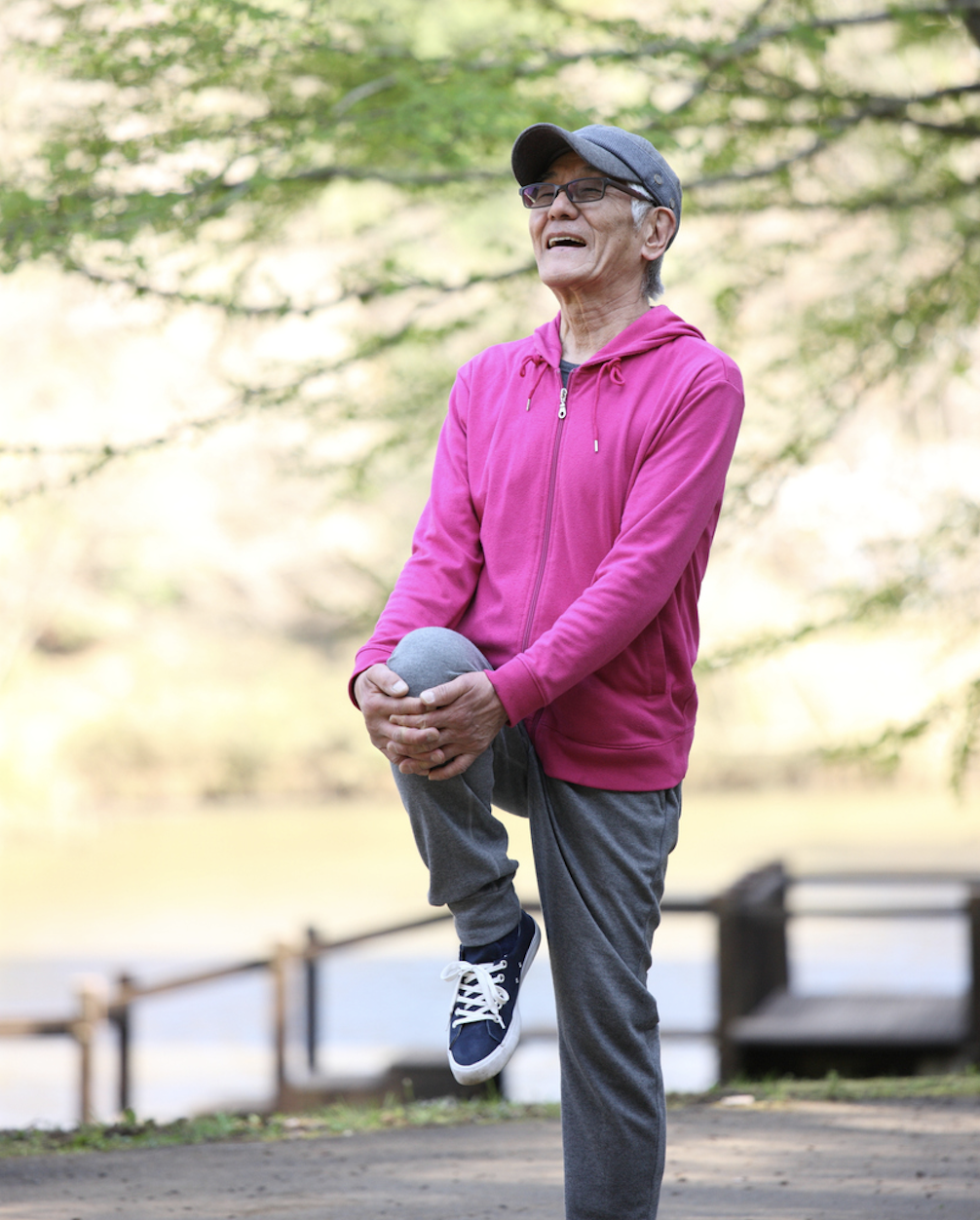Tip The Balance: Counter Your Fear Of Falling With Better Balance
February 7, 2024

You may have it or you may know others who have it. Your fear may be tied to prior experiences or just be a product of anticipatory dread. But whether it’s rational or not, it’s best to address it head-on. Basophobia, otherwise known as the fear of falling, is a fear that is said to affect 40% of older adults. Whether you’ve previously fallen and injured yourself (which means you’re more at risk for another fall), or you know someone else who had a bad fall, this fear can lead you to alter your daily activities, so that you become less active (and ironically, then, more at risk of falling) or cause your gait to stiffen, your body weight to shift incorrectly or your walking speed to slow down, thereby also putting you at greater risk of a fall. There may be some very legitimate reasons that you are at risk of falling- vision or hearing problems, balance and mobility issues, obesity, home or neighborhood hazards that put you at risk of tripping, medications you take, or some other underlying issues. The problem is, if you give into the fear rather than addressing the reasons for it and potential solutions, you set yourself up on a vicious cycle of lost confidence and anxiety and therefore fewer physical activities, leading to more frailty, and then more potential for a fall as a result. It’s important to address what can be done to allow you to go about your activities with confidence and enthusiasm rather than fear. For more on tackling this common source of anxiety, take hold of your grab bar and click here.
Of course, you likely know that exercise and strength training can vastly improve your balance, one of the prime components of fall prevention. Understanding your current balance abilities and how they can be improved is essential for lowering your risk of falling. A recent article in Next Avenue makes a strong case for assessing and strengthening your balance before a tragic fall. As the article makes clear, most of us only get to experience a couple of falls before we really hurt ourselves in a life-threatening or even life-ending way (remember, deadly falls are on the rise in the US). There are lots of tests a physical therapist can run to assess your balance (Romberg Balance Test and the Sharpened Romberg, among others) and there are also some basic steps you can take on your own to strengthen your balance, including walking, especially if you can slightly challenge yourself with uneven surfaces and walking backward. For previous agebuzz posts on how to sustain and improve your balance, stand tall and read here.
Researchers are also hard at work developing new technology-driven products to lower your risk of falling and improve your balance. Several have recently been reported. For example, a new study in Nature Medicine reports on the development of a “dance mat” video game that improves the strength, balance, and reflexes of older adults who move around the arrows on the mat. With over 700 participants aged 65 and older (some of whom had a history of falling) the study assessed their balance abilities after playing the game for 2 hours a week over a year. The result was that the game players fell significantly less over the year than a comparable control group. Read more about this study here. Another new study involves a robotic product worn around your waist, developed by scientists in South Korea and Samsung Electronics, which significantly improved pelvic movement in those wearing the device and thus led to gait and balance improvements. You can find out more about this device here. Finally, a study out of Binghamton University found that a newly developed smartphone app was capable of assessing how much body sway is happening in the person holding the phone, and could then convey balance intervention exercises over the app to help improve balance while standing and walking. One note of caution, however. There is evidence that walking while looking at your smartphone can be a distraction leading to precisely the type of fall you fear may happen. So stop walking, stand still, and take a look here.







